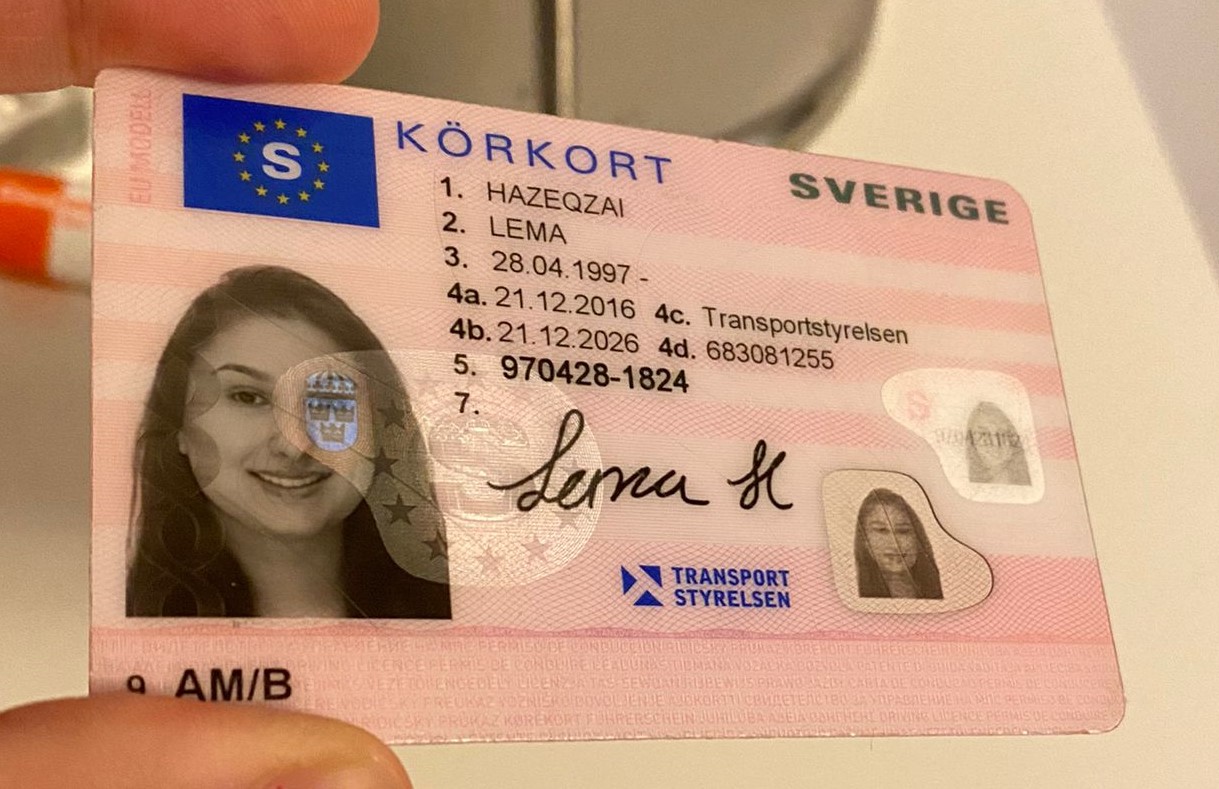What Experts In The Field Of Address Transportstyrelsen Want You To Know
Understanding Transportstyrelsen: Sweden's Transport Agency
Transportstyrelsen, or the Swedish Transport Agency, plays an essential role in the management and policy of numerous transportation sectors within Sweden. Accountable for ensuring safe, effective, and sustainable transportation systems, this agency manages a large range of transportation modes, including roadway, rail, aviation, and maritime. This article looks into the firm's structure, functions, policies, and effect on the Swedish transport landscape.
Introduction of Transportstyrelsen
Developed primarily to simplify the management of the transportation sector, Transportstyrelsen combines multiple functions connected to traffic security, infrastructure, and ecological impact. The firm operates under the Ministry of Infrastructure and operates in cooperation with regional governments, economic sector stakeholders, and international companies.
Secret Functions of Transportstyrelsen
Transportstyrelsen's obligations incorporate a broad scope, which can be summed up as follows:
Regulatory Framework Development
- Establish guidelines and standards for all transport modes.
- Screen compliance and impose appropriate laws and instructions.
Licensing and Registration
- Manage the licensing process for chauffeurs and transportation businesses.
- Preserve an extensive database of authorized lorries and airplane.
Traffic Safety Promotion
- Conduct research study and gather data on transport security.
- Implement campaigns focused on increasing public awareness about traffic security.
Sustainability Initiatives
- Promote eco-friendly transportation options.
- Motivate the adoption of electric and alternative fuel cars.
International Collaboration
- Engage with other European and international transportation authorities.
- Take part in efforts aimed at balancing transport policies across borders.
Organizational Structure
Transportstyrelsen is organized into a number of departments, each concentrating on specific transportation methods:
- Road Traffic Department
- Railway Department
- Maritime and Air Traffic Department
- Environment and Sustainability Department
- Financial Analysis and Strategy Department
This structure permits for expertise and focused efforts in managing the diverse elements of transport within Sweden while guaranteeing that all departments work collaboratively towards typical goals.
Department
Secret Responsibilities
Roadway Traffic Department
Handles motorist licensing, lorry registration, and roadway security regulations.
Train Department
Supervises train safety, infrastructure advancement, and service quality.
Maritime and Air Traffic Department
Regulates shipping and air travel, making sure compliance with safety requirements.
Environment and Sustainability Department
Addresses transport-related ecological issues and promotes sustainability practices.
Financial Analysis and Strategy Department
Carries out economic analyses to notify policy and technique on transport initiatives.
Influence on the Swedish Transport System
Transportstyrelsen's influence on the Swedish transportation system is extensive. The agency's regulations and policies form the security, efficiency, and environmental impact of transport in Sweden. Secret contributions consist of:
- Enhanced Safety Standards: By setting strict security guidelines and constantly keeping track of compliance, the firm assists lower accident rates and improve general road, rail, and air security.
- Promotion of Public Transport: Through investments and assistance for public transport systems, the company motivates a shift from private car reliance to more sustainable and eco-friendly transport modes.
- Support for Innovations: The agency cultivates innovation in the transportation sector by supporting brand-new innovations such as electric vehicles and wise traffic systems, intending to fulfill both present and future difficulties in transportation logistics and environmental management.
Policy Compliance
To guarantee compliance with Transportstyrelsen's regulations, stakeholders in the transportation sector should follow various guidelines and requirements. This consists of obtaining required licenses, undergoing assessments, and submitting reports on security efficiency.
Vital Compliance Areas
- Motorist Licensing Requirements
- Vehicle Inspection Standards
- Security Protocols for Transport Operations
- Environmental Regulations for Vehicle Emissions
- Functional Standards for Public Transport Services
Violations of these guidelines can lead to significant penalties, including fines and the revocation of licenses or licenses.
Regularly Asked Questions (FAQs)
What is Transportstyrelsen? Kortkort Online , or the Swedish Transport Agency, is the federal government authority accountable for controling all elements of transportation in Sweden, consisting of roadway, rail, maritime, and air travel sectors. How does Transportstyrelsenguarantee security in transportation?The agency establishes and imposes policies, carries out research, and implements safety campaigns to promote safe transport practices amongst all road users. What types of lorries does Transportstyrelsen regulate?Transportstyrelsen manages a large range of automobiles, consisting of guest cars and trucks, commercial lorries, motorcycles, airplane, and maritime**
vessels. How can I contact Transportstyrelsen?Transportstyrelsen can be contacted through their main website where various resources, contact information, and forms for inquiries are provided.**
**Is there an appeal procedure for licensing choices made by Transportstyrelsen?Yes, people and companies can appeal choices made by Transportstyrelsen concerning licenses and policies as described in their main
**standards. Transportstyrelsen is an important part of Sweden's transportation landscape, guaranteeing that the systems in location are not just efficient and efficient but also safe and ecologically mindful. Its complex duties,
from policy to public safety, establish a structure that benefits both the Swedish population and the wider transport network. Comprehending Transportstyrelsen's functions and functions helps stakeholders browse the intricacies of the transport sector, cultivating compliance and promoting improvements necessary for future sustainability.  ****
****